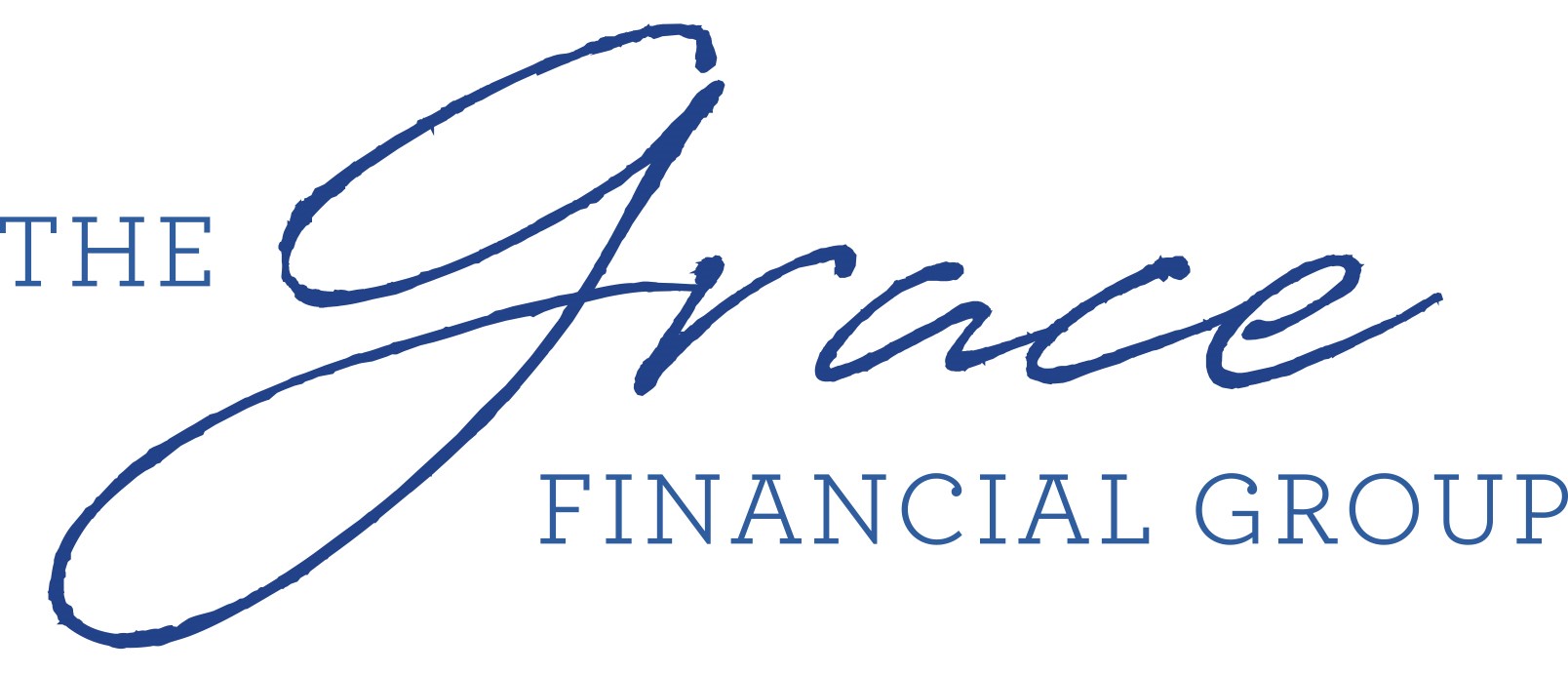Financial Expert Marion G. Cuff, CFS: Which Credit Card is Best

Start by carefully reading the advertisement or application you've seen or received. It may seem like a lot of jargon, but that fine print contains important information about terms and costs. Here are three points to consider when comparing credit card offers: Annual percentage rate (APR): What interest rate will apply to outstanding balances? If you plan to carry a balance, it's especially important to choose a card that has a low APR. But don't be fooled by a low introductory rate. It may apply for only a few months, and only to balance transfers, not new purchases. It's essential to understand what rate will apply once the introductory period is over.
Find out, too, if the APR will change over time. If the rate is variable, you can expect it to go up or down periodically because it's tied to an index (often the prime rate) that changes. If the rate is fixed, it won't fluctuate, but that doesn't mean it will stay the same forever. A credit card issuer can change your rate at any time, as long as you're given written notice 45 days in advance of the rate change. And find out what will happen to your APR if you make a late payment. Some card issuers send your rate skyrocketing if you pay your bill late. However, a creditor can only increase the rate on an existing balance if the account is 60 days past due. What's more, the rate must be returned to what it was at the time of the increase once you've made six months of timely payments.
Grace period: How long will you have to pay your balance in full before interest starts accruing? If you plan to pay off your balance every month, you'll want to look for a card that offers a relatively long grace period (e.g., 25 to 30 days).
Fees: What fees will apply? If you plan to pay off your balance every month, avoid signing up for a card that has an annual fee. If you plan to carry a balance, it may be worth paying a fee if the interest rate is low enough. And watch out for hidden transaction costs. Compare the fees you'll be charged for transferring your balance, using your card to get a cash advance, exceeding your credit limit, or paying your bill late.
Finally, even if you've carefully read through the offer, you may still have questions. If so, call the credit card issuer before signing an application.
IMPORTANT DISCLOSURES Working with an advisor that holds the CFS designation does not guarantee investment success. Securities and Investment Advisory services offered through FSC Securities Corporation, Member FINRA/SIPC and a Registered Investment Advisor. The Grace Financial Group is a marketing designation.
Broadridge Investor Communication Solutions, Inc. does not provide investment, tax, or legal advice. The information presented here is not specific to any individual's personal circumstances. To the extent that this material concerns tax matters, it is not intended or written to be used, and cannot be used, by a taxpayer for the purpose of avoiding penalties that may be imposed by law. Each taxpayer should seek independent advice from a tax professional based on his or her individual circumstances.
These materials are provided for general information and educational purposes based upon publicly available information from sources believed to be reliable—we cannot assure the accuracy or completeness of these materials. The information in these materials may change at any time and without notice.
 |
| Marion G. Cuff, CFS 128 Seneca Lake Road, Sparta, NJ 07871 973-729-9861 Ask Marion G. Cuff, CFS a question www.thegracefinancialgroup.com Come in out of the storm; take care of your money and yourself |